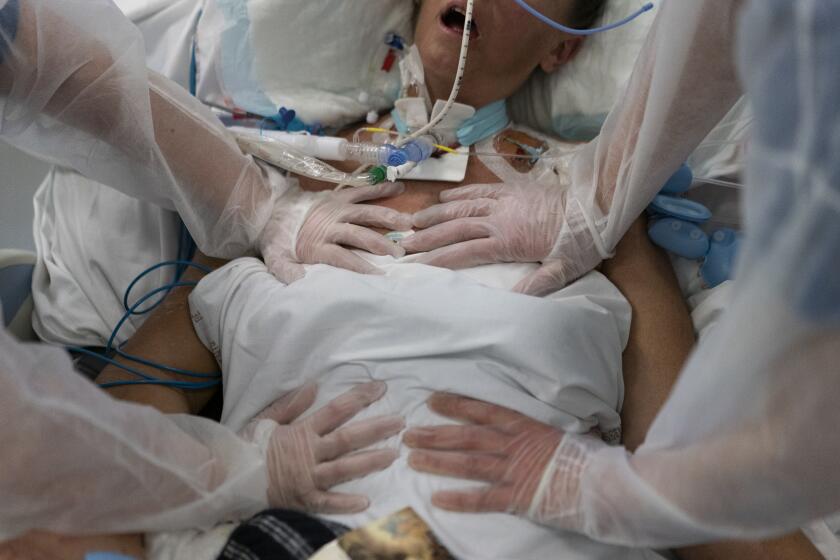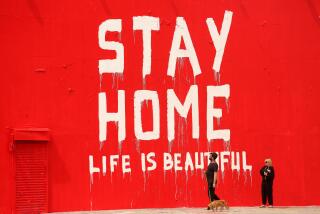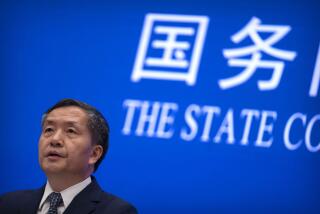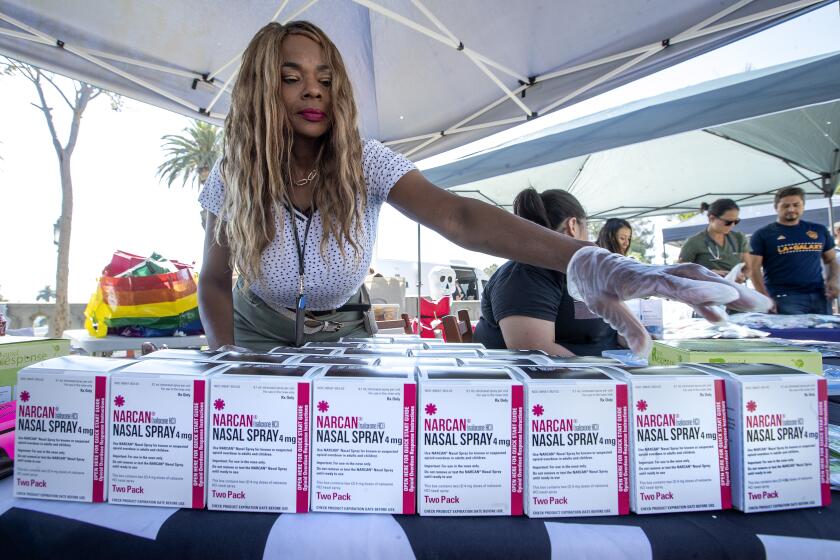At long last, WHO issues coronavirus testing advice
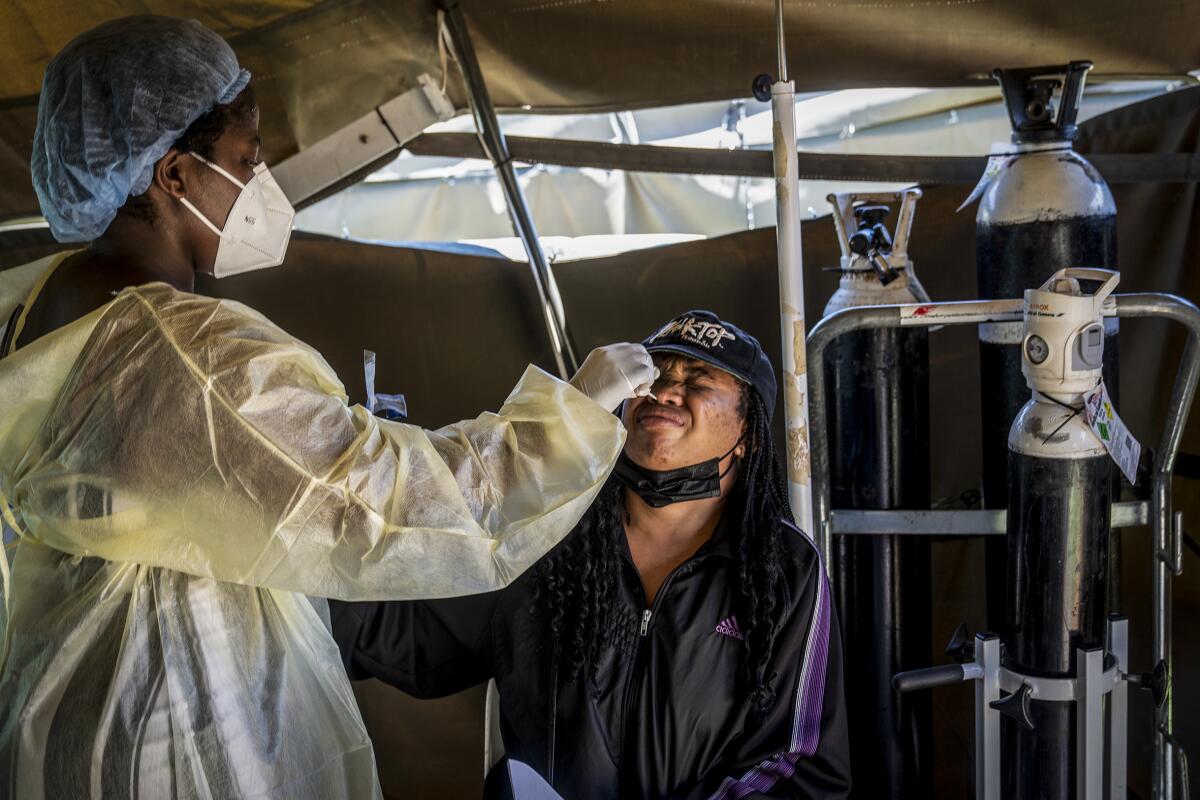
The World Health Organization said it has issued guidance to advise people on how to test themselves for a coronavirus infection.
The advice comes months after critics said the lack of recommendations from the global health agency was compromising efforts to stop the pandemic in poor countries.
At a press briefing on Wednesday, WHO Director-General Tedros Adhanom Ghebreyesus said the agency was concerned to see some countries dramatically reduce their coronavirus testing as SARS-CoV-2 appears to recede in some parts of the world.
According to WHO figures, COVID-19 cases and deaths have both fallen significantly in recent weeks.
“Self-testing remains a vital tool in our fight against COVID as part of a comprehensive strategy,” Tedros said, adding that abandoning testing would cripple officials’ efforts to track the virus.
Some activists have long decried the lack of WHO guidance for self-testing as a major obstacle for poor countries, noting that donors are unwilling to buy them in the absence of any WHO recommendations. While people in numerous rich countries have had easy access to rapid tests for months, the self-testing kits have rarely been available in poor countries, hampering attempts to slow the pandemic.
The tally is the latest reminder of the pandemic’s unrelenting nature even as people shed masks, resume travel and reopen businesses around the globe.
Numerous health officials have repeatedly pleaded with WHO to issue self-testing advice for that reason.
Tedros said the new recommendation for self-testing would hopefully address the inequity in testing.
“We hope that our new guidelines will also help to increase access to testing, which is too expensive for many low-income countries where these tools could play an important role in expanding testing,” he said.
Unlike the massive effort to buy and distribute COVID-19 vaccines fairly, there have been few efforts to scale up mass testing in poor countries. Even with the release of the WHO’s guidance this week, some experts estimate it could take until 2023 for self-testing kits to be widely available in the developing world.
